Family Involvement in the Detox Process
Break Free from Alcohol
Safely & Comfortably
Alcohol Detox in Austin, TX
Same-Day Admission
24/7 Medical Supervision
(512) 265-5992
Break Free from Alcohol – Safely & Comfortably
Alcohol Detox in Austin, TX
Same-Day Admission | 24/7 Medical Supervision
(512) 265-5992
Break Free from Alcohol
Safely & Comfortably
Break Free from Alcohol – Safely & Comfortably
Alcohol Detox in Austin, TX
Same-Day Admission | 24/7 Medical Supervision
Alcohol Detox in Austin, TX
Same-Day Admission
24/7 Medical Supervision
(512) 265-5992
(512) 265-5992
Break Free from Alcohol
Safely & Comfortably
Break Free from Alcohol – Safely & Comfortably
Alcohol Detox in Austin, TX
Same-Day Admission | 24/7 Medical Supervision
Alcohol Detox in Austin, TX
Same-Day Admission
24/7 Medical Supervision
(512) 265-5992
(512) 265-5992
Break Free from Alcohol
Safely & Comfortably
Break Free from Alcohol – Safely & Comfortably
Alcohol Detox in Austin, TX
Same-Day Admission | 24/7 Medical Supervision
Alcohol Detox in Austin, TX
Same-Day Admission
24/7 Medical Supervision
(512) 265-5992
(512) 265-5992
Break Free from Alcohol
Safely & Comfortably
Break Free from Alcohol – Safely & Comfortably
Alcohol Detox in Austin, TX
Same-Day Admission | 24/7 Medical Supervision
Alcohol Detox in Austin, TX
Same-Day Admission
24/7 Medical Supervision
(512) 265-5992
(512) 265-5992
Break Free from Alcohol
Safely & Comfortably
Break Free from Alcohol – Safely & Comfortably
Alcohol Detox in Austin, TX
Same-Day Admission | 24/7 Medical Supervision
Alcohol Detox in Austin, TX
Same-Day Admission
24/7 Medical Supervision
(512) 265-5992
(512) 265-5992
Break Free from Alcohol
Safely & Comfortably
Break Free from Alcohol – Safely & Comfortably
Alcohol Detox in Austin, TX
Same-Day Admission | 24/7 Medical Supervision
Alcohol Detox in Austin, TX
Same-Day Admission
24/7 Medical Supervision
(512) 265-5992
(512) 265-5992
Break Free from Alcohol
Safely & Comfortably
Break Free from Alcohol – Safely & Comfortably
Alcohol Detox in Austin, TX
Same-Day Admission | 24/7 Medical Supervision
Alcohol Detox in Austin, TX
Same-Day Admission
24/7 Medical Supervision
(512) 265-5992
(512) 265-5992
Break Free from Alcohol
Safely & Comfortably
Break Free from Alcohol – Safely & Comfortably
Alcohol Detox in Austin, TX
Same-Day Admission | 24/7 Medical Supervision
Alcohol Detox in Austin, TX
Same-Day Admission
24/7 Medical Supervision
(512) 265-5992
(512) 265-5992
Break Free from Alcohol
Safely & Comfortably
Break Free from Alcohol – Safely & Comfortably
Alcohol Detox in Austin, TX
Same-Day Admission | 24/7 Medical Supervision
Alcohol Detox in Austin, TX
Same-Day Admission
24/7 Medical Supervision
(512) 265-5992
(512) 265-5992
Break Free from Alcohol
Safely & Comfortably
Break Free from Alcohol – Safely & Comfortably
Alcohol Detox in Austin, TX
Same-Day Admission | 24/7 Medical Supervision
Alcohol Detox in Austin, TX
Same-Day Admission
24/7 Medical Supervision
(512) 265-5992
(512) 265-5992
More Time. More Joy. More You. Start Now.
WE ACCEPT MOST INSURANCES
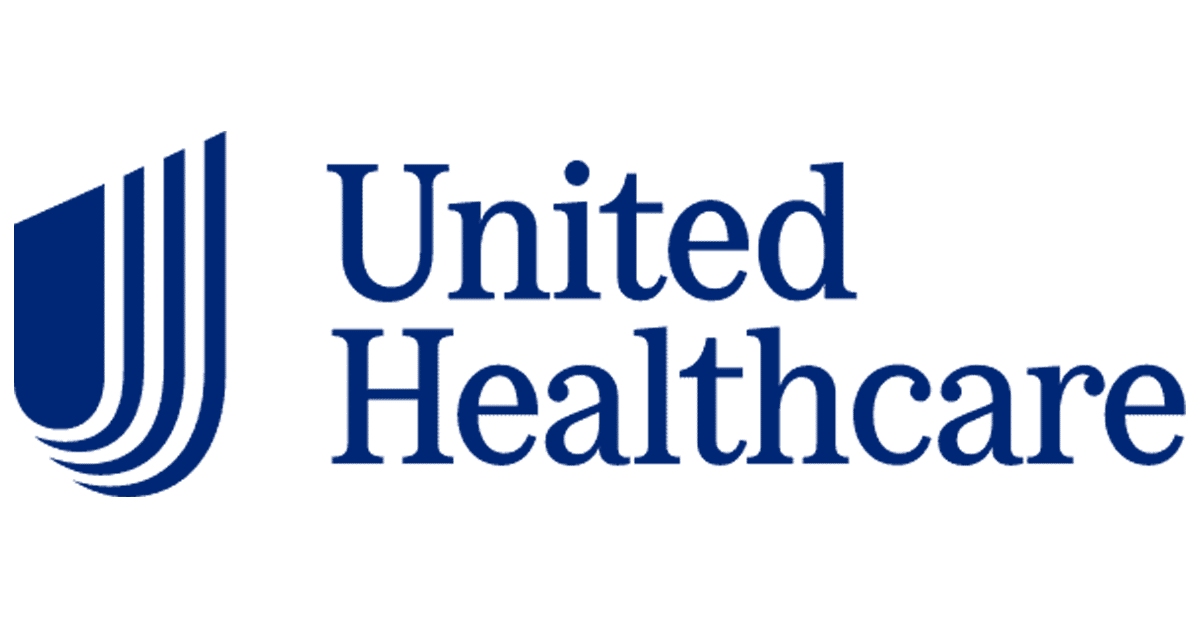
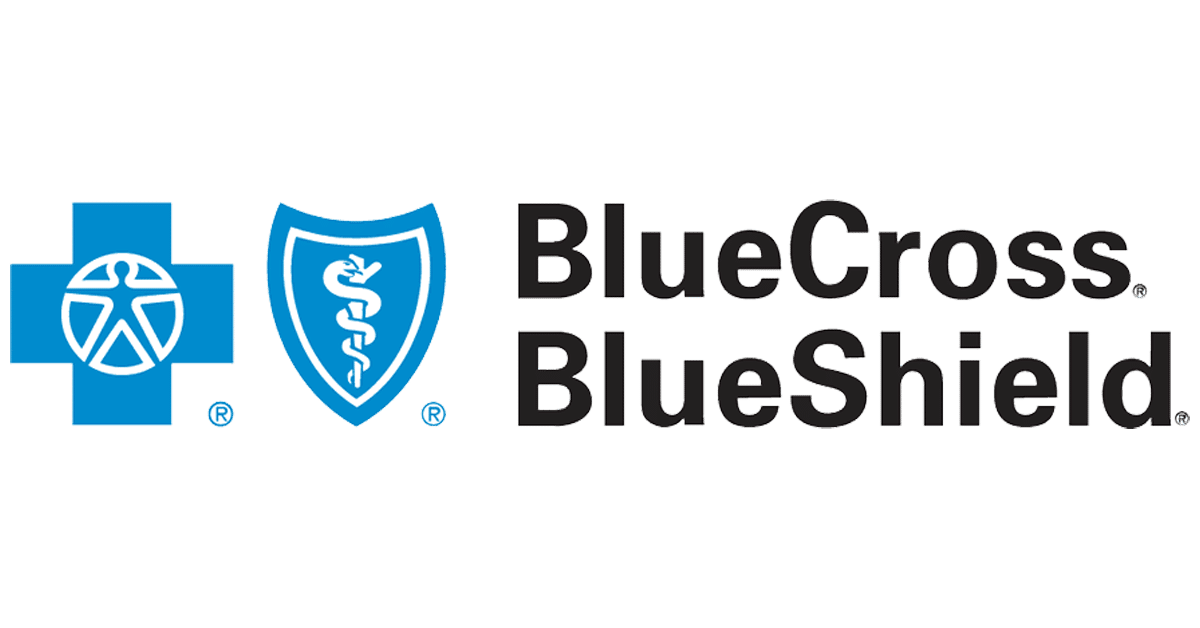
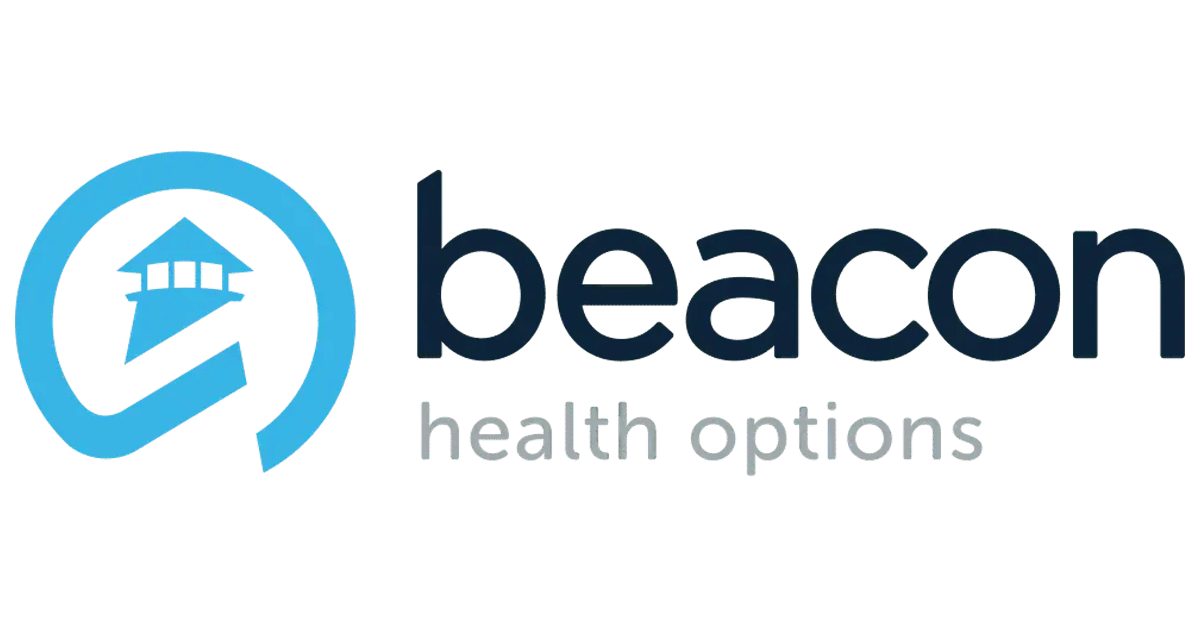

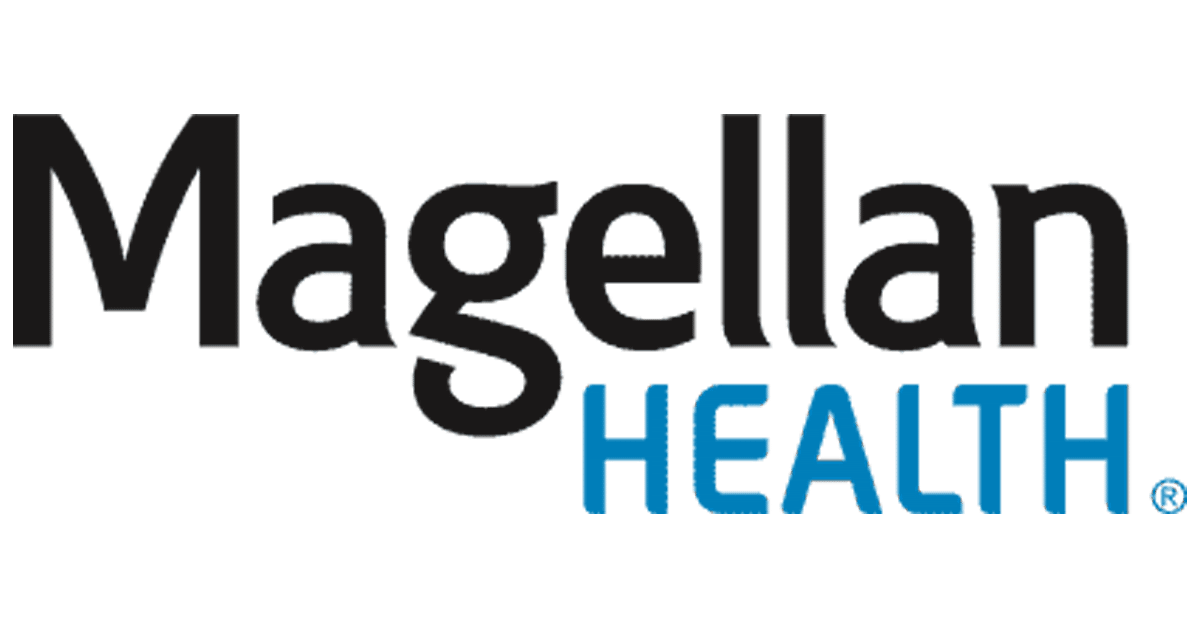
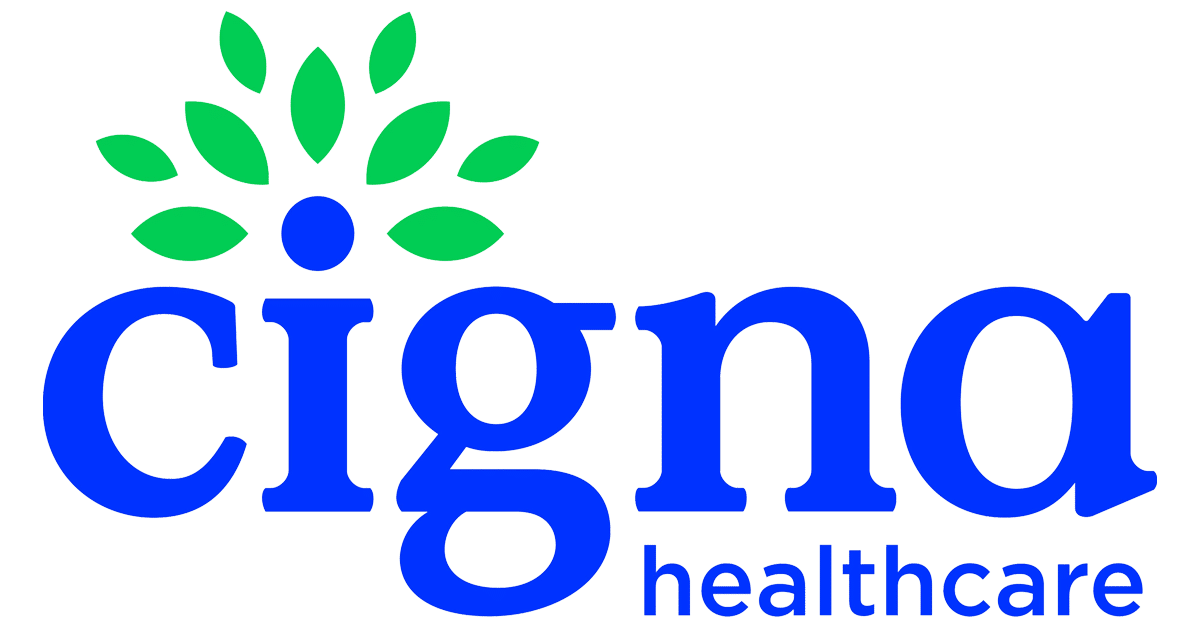
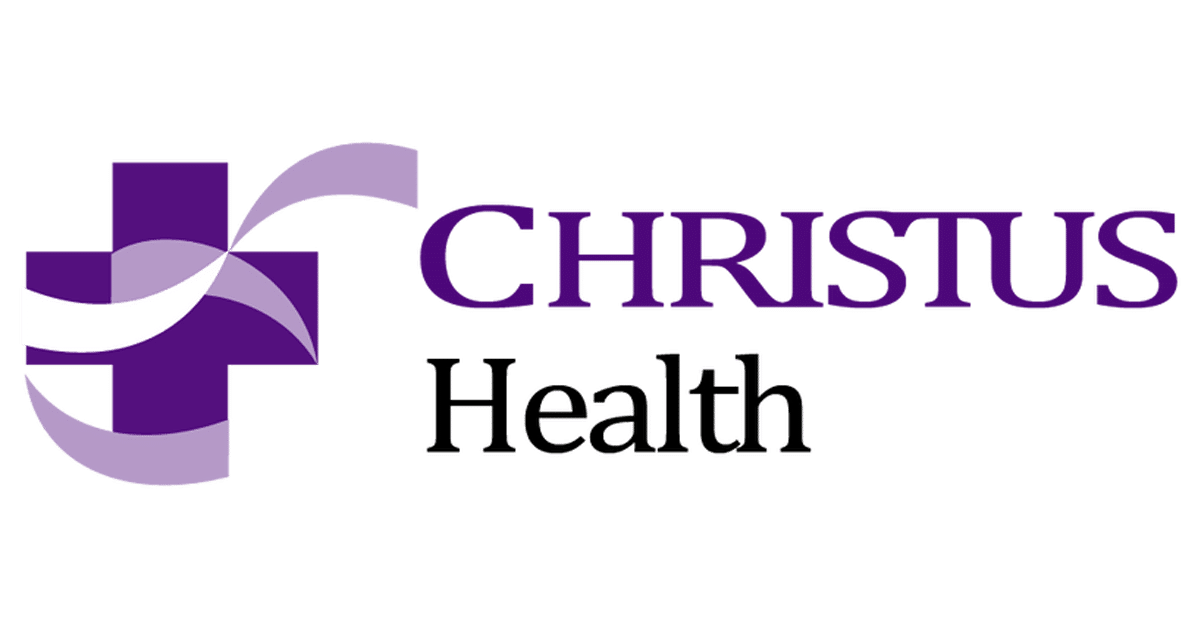
Family Involvement in the Detox Process
Family Involvement in the Detox Process
Your new FAMILY life free from Alcohol and Drugs.
Addiction affects not only the individual but also their entire family. At Briarwood Detox Center, we firmly believe that people do not recover in isolation – family support is crucial. Involving family in the detox process can provide encouragement, stability, and a foundation for long-term recovery. This page will explore the important roles family members play before, during, and after detox, and the ways our San Antonio detox program facilitates healthy family involvement. From honest conversations and setting boundaries to participating in supportive services, family involvement can make a profound difference in a loved one’s journey to sobriety.
Your future is waiting. Are you ready to step into it? Call now!
Before Detox: Encouraging Your Loved One to Get Help
Before Detox: Encouraging Your Loved One to Get Help
Family involvement often begins even before detox starts, at the stage of recognizing the problem and encouraging a loved one to seek treatment. This can be one of the hardest steps – many families struggle with how to communicate their concerns without alienating the person who is using drugs or alcohol. Here are some guidelines on your role before detox:
It’s vital to express your concerns in an honest yet compassionate way. Point out specific behaviors or incidents that worried you and explain that you care about their well-being. Often, a person may be in denial about their addiction. As a family member (whether parent, spouse, sibling, or close friend), gently but firmly communicating that you see a serious problem can plant the seed that help is needed. It may be a painful conversation – and your loved one might react with anger or defensiveness – but approaching it from a place of love increases the chance they’ll eventually accept help. If multiple family members are concerned, sometimes a planned intervention (potentially with a professional’s guidance) can be effective.
Before detox, evaluate how you can stop any enabling patterns. “Enabling” means unintentionally supporting the addiction, for example by providing money that is used for drugs, covering up consequences (like calling in sick for them), or dismissing dangerous behavior. By setting clear boundaries, you communicate that you will no longer help sustain the addiction. This can create pressure for the person to seek detox. It’s often a tough form of love, but extremely important. Family members learn in our programs that addressing enabling and codependency is key to breaking the cycle.
Once your loved one agrees to detox, families can help by handling practical details. This might include researching detox facilities (if you’re reading this, you’re on the right track!), checking insurance coverage, and making calls to admissions on behalf of your loved one. At Briarwood, we welcome family involvement in the admissions process – you can call us to inquire about program details, and even be on the phone or present when your loved one does their intake assessment, if they’re comfortable with that. Helping with logistics removes barriers and excuses that might deter someone from following through. Additionally, if travel or time off work is needed, family can assist in arranging those. We often see parents or spouses step in to coordinate responsibilities (childcare, pet care, etc.) so the individual can focus on detox.
We don’t just help you stay sober. We help you build a life you’re excited to protect.
During Detox: Providing Support and Staying Informed
Our one hour detox process, gets you back to life quickly
Once your loved one is admitted to our outpatient detox program in San Antonio, you might wonder, “What can I do now? Do they need me or should I give space?” Each situation is unique, but generally positive, reassuring support during detox is very beneficial. Even though our program is outpatient (the individual isn’t staying overnight), detox can still be a vulnerable time. Here’s how family can be involved during the detox process:
Let your loved one know you are proud of them for taking this step and that you’re there for them. Small gestures like daily text messages (“Thinking of you, you got this!”) or giving them a ride to the detox center if needed can show support. If the person is open to it, you might write them a heartfelt letter to read during detox, expressing hope and optimism for their recovery. Clients often report that knowing their family hasn’t given up on them gives them strength when withdrawal symptoms hit or cravings tempt them.
Use the detox period to educate yourself about addiction and recovery. Briarwood provides resources and can recommend reading materials or support groups for families (like Al-Anon or Nar-Anon). By learning about what your loved one is going through physically and emotionally, you’ll be better equipped to empathize and help. For example, understanding that irritability or mood swings are normal during withdrawal can prevent you from taking any outbursts personally. It also signals to your loved one that you’re making an effort to understand their experience, which can deepen trust.
With proper consent, our team keeps family members informed about progress. We provide daily updates by phone to a designated family contact, often the spouse or parent, if the client agrees. In these updates, the detox counselor might share how the client is doing, their current health status, and any milestones. You’ll always know what’s going on, which can greatly ease your worries. Additionally, we encourage you to ask questions. If you’re unsure about something – like “What does it mean if she’s sleeping a lot?” or “Is it normal to still be nauseous on day 3?” – our staff is happy to explain. We prefer you have accurate information rather than sit at home imagining worst-case scenarios.
Although the person detoxing is our primary focus, we believe families are part of the recovery team. We involve you in decision-making when appropriate, such as discharge planning or any changes to treatment that could affect the family. For example, as detox wraps up, we might hold a meeting (in person or by phone) with you and your loved one to discuss aftercare options. Your input is valuable since you know the home situation and can help implement the plan. We never want you to feel “in the dark” about what the next steps are.
It’s important to care for yourself during this time too. Supporting someone through detox can be emotionally taxing. Make sure to keep up with your own health, get rest, and possibly talk to a counselor or support group for yourself. As the saying goes, you can’t pour from an empty cup. By demonstrating good self-care, you also model healthy behavior to your recovering loved one.
In an outpatient detox, the individual is at home each day after their sessions, so traditional “visiting hours” like an inpatient setting don’t apply. Instead, you will see them daily. Try to create a calm, trigger-free home environment. Remove any alcohol, prescriptions not needed, or other substances from the house. Keep the atmosphere stress-free: maybe prepare their favorite easy meals (nutrition aids recovery), and limit heavy or upsetting conversations for now. Positive distractions such as watching a light-hearted movie together or taking a short walk can help them feel normalcy and comfort during detox. Simply being present and available is often enough – you don’t have to do anything extraordinary, just your companionship can be very reassuring.
After Detox: Continuing the Journey Together
When your loved one completes detox, it’s a huge victory – and also the beginning of the next phase of recovery. Family involvement remains crucial after detox, as the individual transitions to further treatment or returns to daily life. Here’s how you can be an active, positive force after the detox program:
As emphasized, aftercare like rehab, IOP, or counseling is vital. As a family member, you can support by encouraging (but not forcing) your loved one to follow through with the treatment plan recommended by Briarwood. If the plan is residential rehab, help with the logistics of admission. If it’s intensive outpatient, perhaps adjust family schedules to accommodate their session times. Show enthusiasm that they are taking these steps – celebrate it as the smart, proactive choice it is. Sometimes individuals feel uncertain or unmotivated after detox (especially if they start feeling better physically, they might falsely think “I’m fine now”). Your encouragement and reinforcement that continuing care is essential can make a difference in their commitment. Frame it positively: “Detox was the first step, I’m so proud of you for doing that. Now the next step will help you stay sober and learn how to live a really good life. I’m here to help make that happen.”
Many rehab programs and outpatient therapists offer family therapy sessions. This is a chance to heal together – to address any strained relationships, improve communication, and establish healthy boundaries. We strongly advise families to participate in these opportunities. In family therapy, you’ll both get to speak openly (with a mediator) about how addiction has affected you and what support or changes you each need moving forward. It can be uncomfortable at first, but extremely healing. You’ll learn skills on how to resolve conflicts without enabling or shaming. It also signals to your loved one that you’re invested in everyone’s recovery, not just expecting them to do all the work.
If your loved one returns home after detox (and possibly rehab/IOP), do your best to keep the home a safe haven for recovery. That means remaining substance-free (at least for a good while – having alcohol in the house, for example, is not advisable). Encourage healthy routines like regular meal times or family activities that don’t involve drinking or using. Be mindful of triggers: for instance, if certain friends or situations are high-risk, collaborate on ways to avoid or navigate them. Additionally, celebrate sober milestones as a family – whether it’s 30 days sober or 1 year, acknowledging those achievements with a nice dinner or a fun outing (without substances) shows solidarity and pride.
Recovery often requires redefining roles in the family. During the addiction period, you might have fallen into roles like “caretaker,” “enabler,” or “scapegoat.” As your loved one recovers, you get to shed those unhealthy roles and develop a more balanced dynamic. This might mean trusting them with responsibilities again as they prove themselves, or conversely, not micromanaging their recovery (allowing them to be responsible for attending meetings, etc., without you nagging). It’s a delicate balance of being supportive but not overbearing. Family involvement doesn’t mean controlling their recovery; it means walking alongside them. Encourage independence and accountability for your loved one, while still being a safety net of love and encouragement.
It’s normal to worry about relapse. Educate yourself on signs of potential relapse (like isolation, stopping therapy, major attitude changes). If you notice red flags, you can calmly address them: “I’ve noticed you haven’t gone to your meeting this week. How are you feeling about things?” Keep lines of communication open. It’s better to have a conversation at the first sign of struggle than to ignore it. However, avoid a paranoid or accusatory atmosphere – your loved one doesn’t want to feel constantly policed. It’s a fine line; this is where family support groups or a counselor can guide you on healthy monitoring versus unhealthy suspicion.
Family members often suffer their own trauma or stress from the addiction years. It can be immensely helpful to continue your own counseling or attend groups like Al-Anon to work through your feelings. As you heal, you’ll be better positioned to support your loved one. It also demonstrates that recovery is a family affair – everyone is working to improve, which can make your loved one feel less alone in their efforts.
How Briarwood Supports Families
Briarwood Detox Center is committed to including families as part of the treatment process. We offer several services and policies specifically with families in mind:
Open Communication: As mentioned, with client consent we provide regular updates and are available for your calls. If there’s an urgent situation or a significant change in your loved one’s status, we reach out promptly. Transparent communication builds trust all around.
Question-Friendly Environment: We encourage you to ask any questions – no question is “dumb” or unwelcome. Whether you’re curious about medications, diet, emotional responses, or next steps, our staff takes the time to address it. We find that informed families feel more at ease and more competent in supporting their loved ones.
Inclusion in Planning: You’ll be included in discharge planning sessions. Typically, towards the end of detox, our counselor will arrange a meeting (often call or Zoom if outpatient) with you and the client to discuss recommendations. We value your input on what aftercare option seems feasible (for example, discussing how an IOP schedule can fit with childcare, etc.). Together, we formulate the plan so that it has buy-in from everyone.
Resources and Referrals: We provide families with resources such as pamphlets on “How to Help an Addicted Loved One”, contacts for local family support meetings, and recommended reading. If you need ongoing family therapy or specialized services, we can refer you to trusted professionals in the San Antonio area.
Family Visitation (Inpatient scenarios): While our program is outpatient, if a client ever transitions to an inpatient partner facility, we advocate for family visitation and involvement there, too. We prepare you on what to expect and how to engage during visits (like focusing on positive encouragement, not bringing up old conflicts, etc., during the detox/early rehab phase).
Family Aftercare: Some treatment providers offer programs specifically for family members (like weekend workshops or retreats). If that interests you, we can connect you. Essentially, we never forget that “addiction is a family disease” and thus requires a family recovery process
A United Front for Recovery
A United Front for Recovery
Detox Shouldn’t Be Painful—We Make It Safe & Comfortable
In summary, your involvement as a family member can significantly bolster your loved one’s determination and ability to get well. By being positively involved – from motivating them to start detox, supporting them through the process, to walking with them in aftercare – you become an integral part of their success story. At the same time, you’ll likely find healing and growth for yourself and the entire family unit. Many families emerge from this journey stronger, with better communication and a renewed sense of hope and stability.
If your loved one is about to enter detox or currently in detox at Briarwood, know that we are here for you too. Don’t hesitate to reach out to our team with concerns or for guidance on how best to help. We consider the family as our clients as well, in the sense that we aim to support all of you through the recovery process. Together, we form a united front against addiction.
Get Help Today: If someone you care about is struggling with addiction, contact Briarwood Detox Center for guidance. Our admissions specialists can advise you on intervention strategies, explain our family support services, and help you enroll your loved one in a safe, effective detox program. Remember, you don’t have to carry this alone – we will partner with you. Healing happens together. Call us today and take the first step toward recovery as a family.
Verify Your Insurance with 100% Confidentiality
Real People, Real Transformations in San Antonio
EXCELLENTTrustindex verifies that the original source of the review is Google. The staff, nurses, and doctors are amazing here. They create a warm and comfortable environment to heal.Trustindex verifies that the original source of the review is Google. What I needed, when I needed it.Trustindex verifies that the original source of the review is Google. Briarwood definitely surpassed my expectations. I've been to a detox facility before, unfortunately, so I can honestly say I wasn't looking forward to having to go through the process again. But, it was seamless. I was well taken care of. I truly thought that the staff cared about me and my well being from beginning to end. The facility was clean and the food was good. I was extremely comfortable and the atmosphere was laid back and conducive to my recovery. I'm coming up on 60 days sober and I don't think I'd even be alive right now if it weren't for this place.Trustindex verifies that the original source of the review is Google. amazing stuff who genuinely cares. they work so hard day and night to make sure you get the recovery resources you need. i’ve never met such dedicated individuals in the field of recovery. you’d be making a mistake to go anywhere else but briarwood!Trustindex verifies that the original source of the review is Google. September 19th of 2017 I checked into Briarwood after another failed attempt to handle my substance abuse issue on my own. It was a great place to start my recovery journey and I’m so grateful because thanks to their help, that was the last day I used or drank. Unlike some other detoxes, this is not a hospital setting, but they still have nurses there available all the time. So it felt more comfortable (as comfortable as detox can be). The staff were all very attentive and kind. Counselors were accessible and I appreciated the fact that they set you up with a plan. My only advice is to take suggestions, these people know what they are doing and truly care and want clients to succeed. They were able to coordinate a transition into residential treatment for me which helped me stay sober long term. Thank y’all for giving me my life back!
Learn More About Family Involvement in the Detox Process in San Antonio

How Frustration in Relationship Causes Addiction
Mental health and addictions go hand in hand. Mental health issues like frustration, anger, depression, etc., turn an individual towards drugs and give them a false sense of hope and relief. Frustration in relationships is growing up to be the primary cause of drug abuse, among people aged 30 and above.

How to Stop Enabling a Loved One’s Addiction
If your loved one is struggling with addiction, you may be enabling their behavior. It’s important to know the difference between enabling and helping. Although you may feel like you’re helping, you may actually be enabling, which will only fuel your loved one’s addiction further. Instead, it’s helpful to focus on changing your own behavior instead of theirs, since you cannot force a loved one to stop drinking or using drugs.